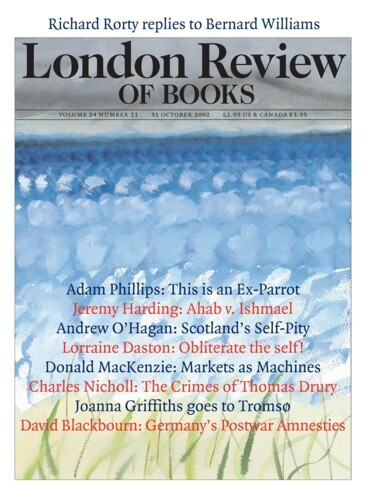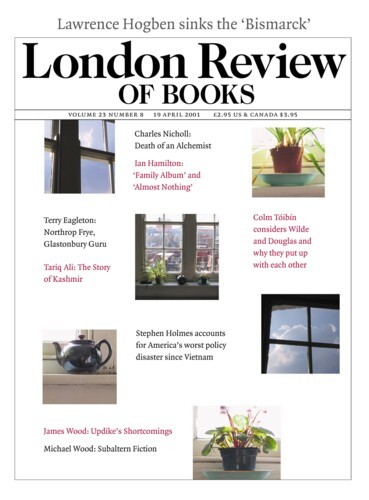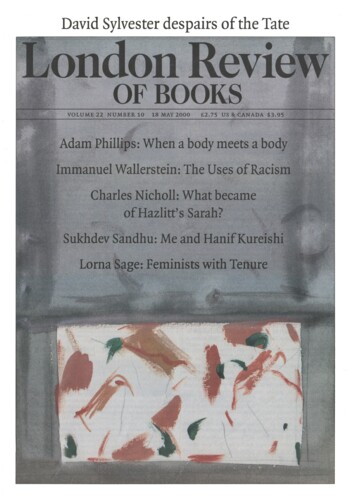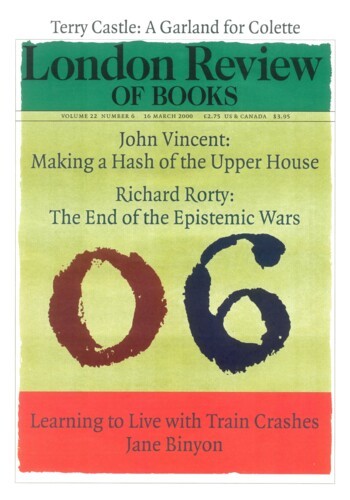Little has changed in the old city of Harar, secluded in the hills of south-eastern Ethiopia. The rusting military hardware still sits beside the road from Dire Dawa, as it did when I last passed by six years ago. The waiters still move like somnambulists through the drowsy lobby of the Ras Hotel. The spider’s web of twisting cobbled streets; the tall boys playing table football in a corner of the main square; the recumbent figures browsing on sprigs of khat; the beautiful eyes that flash suddenly out of shadowy interiors – it is all much as I remember it. So too is the smell, a gamut of aromas, from that quintessential Ethiopian fragrance of frankincense and roasting coffee, to the stench of sewage in a city beset by an almost continuous shortage of water. For searchers of the picturesque – a quality which Harar has in spades – this continuity is reassuring. The place has not yet been ‘spoilt’. It remains pungently itself. For the average Harari this may be less of a good thing: a sense of stagnation and lassitude are the reverse of this coin. It is a fairly general rule that the picturesque is based on someone else’s inconvenience.’‘
Little has changed in the old city of Harar, secluded in the hills of south-eastern Ethiopia. The rusting military hardware still sits beside the road from Dire Dawa, as it did when I last passed...





